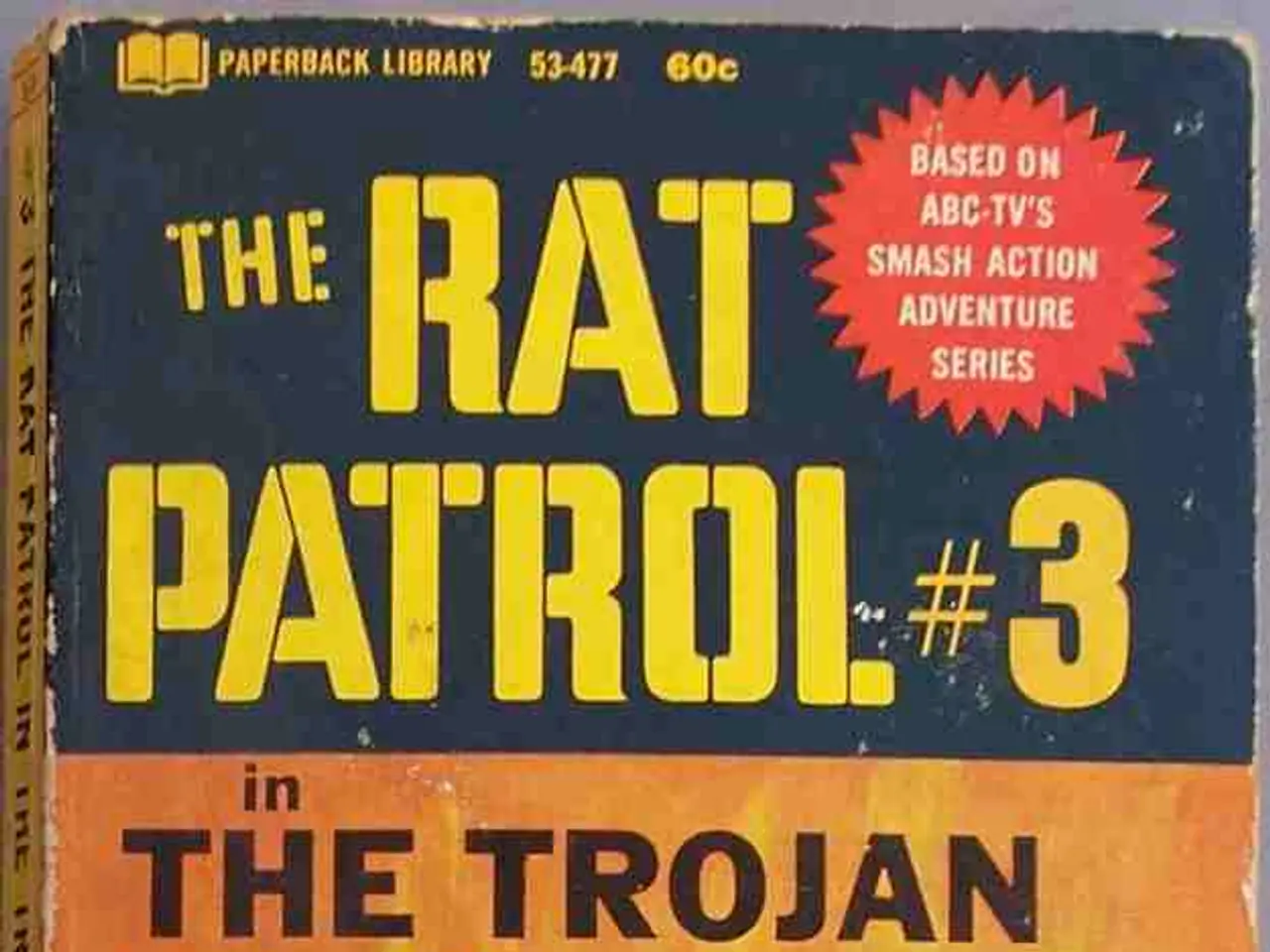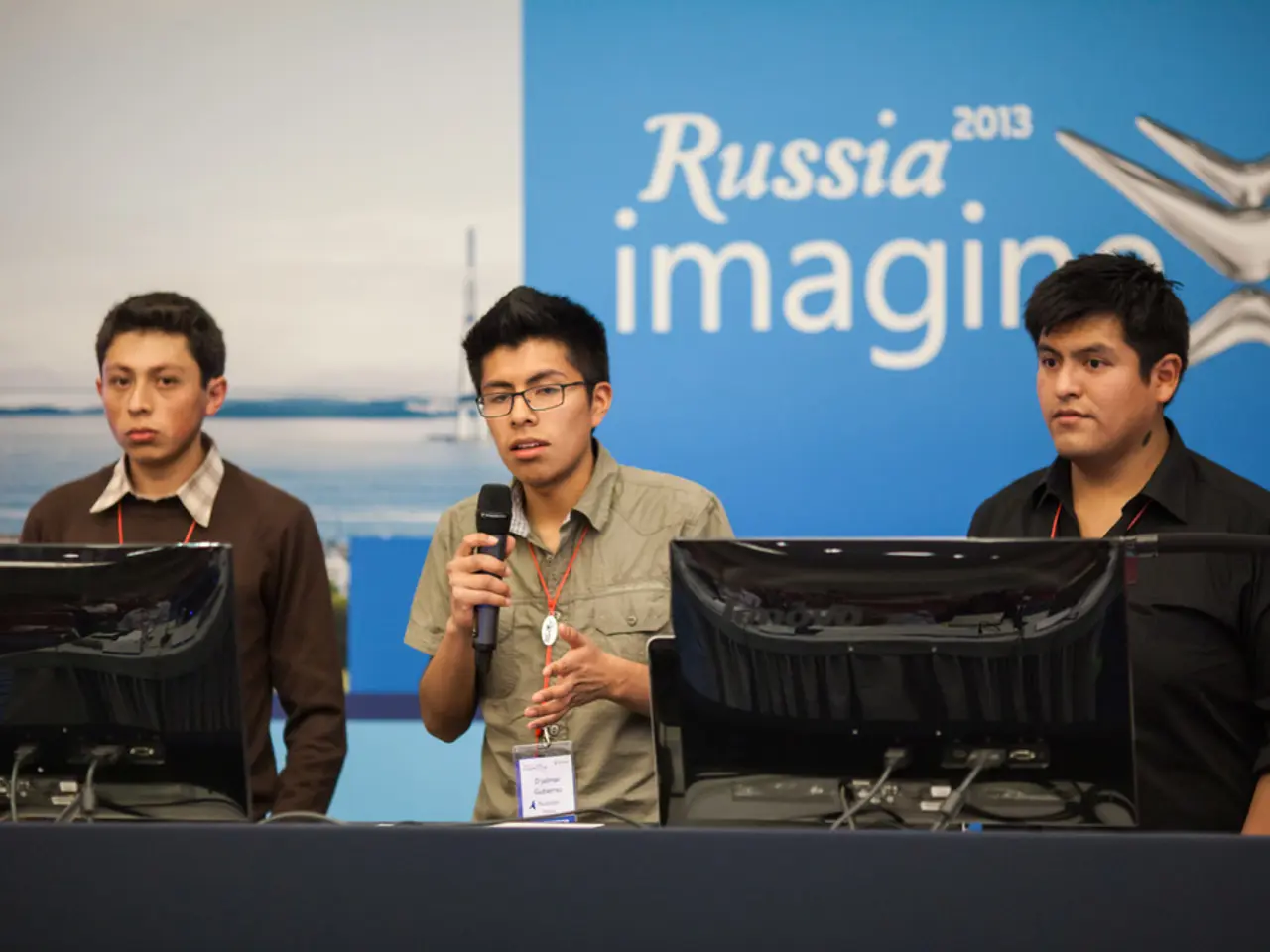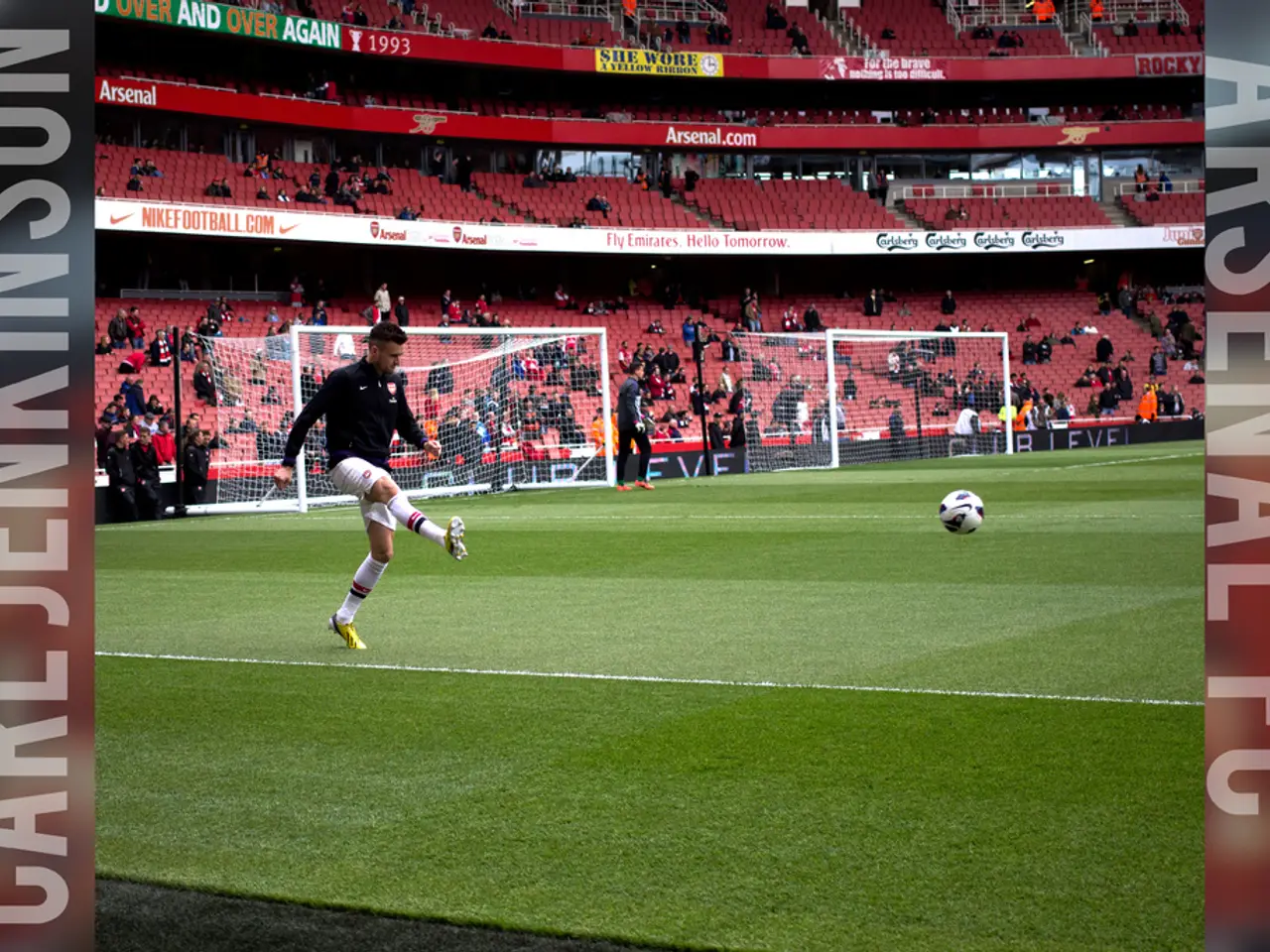Indira Gandhi Sought American Intervention in 1971 to Prevent War Against Pakistan, Claims Thakur
In a heated exchange during the Lok Sabha session, BJP MPs Anurag Thakur and Nishikant Dubey accused the Leader of the Opposition, Rahul Gandhi, of using "distorted and inaccurate facts" regarding Indira Gandhi's conduct of the 1971 war against Pakistan.
Dubey annexed a letter dated December 5, 1971, as evidence against Rahul Gandhi's distortion of historical facts. The letter, sent by Indira Gandhi to U.S. President Richard Nixon, appealed for help to halt Pakistan's military aggression against India. In the letter, Indira Gandhi urged the U.S. president to use his influence over Pakistan to stop the conflict, emphasizing the grave situation caused by Pakistan’s "wanton aggression and military adventurism."
Thakur cited this letter in the Lok Sabha, highlighting that Indira Gandhi pleaded with the U.S. for help to stop the war, which he presented as contrary to having full trust in the Indian armed forces. Dubey, on the other hand, used the term "rumor-mongering" to describe Rahul Gandhi's actions and accused him of lowering the dignity of the Leader of the Opposition.
Thakur questioned whether the government of that day was iron or an irony, suggesting that despite India winning the 1971 war on the battlefield, the outcome was lost at the negotiating table. He further asserted that although Indira Gandhi was declared the "Iron Lady," someone else was declared the "Iron Lady" despite India losing the outcome of the 1971 war at the negotiating table.
Thakur also accused Indira Gandhi's family of bending and begging Washington to ask Pakistan to end hostilities, a claim that drew strong reactions from opposition members. Dubey, meanwhile, accused Rahul Gandhi of distorting historical facts and using incessant lies to tarnish Indira Gandhi's reputation.
It is important to note that India under Indira Gandhi fully supported the independence movement in East Pakistan (now Bangladesh) and had given military and diplomatic assistance to the rebels. Despite appealing for US intervention, India also exercised political will and full freedom of military operations during the conflict, culminating in India’s decisive victory and the creation of Bangladesh.
The exchange between the BJP MPs and the opposition leader highlights the ongoing political debate about India's wartime strategy during the 1971 war, with each side presenting differing perspectives on the actions of Indira Gandhi and her government.
[1] The Hindu: "Indira Gandhi's letter to Nixon in 1971." (URL) [2] The Indian Express: "Indira Gandhi sought US help to stop 1971 war: BJP MP." (URL) [3] The Wire: "Indira Gandhi's letter to Richard Nixon in 1971: What it said and why it matters." (URL) [4] The Telegraph: "Indira Gandhi sought US help to stop 1971 war: BJP MP." (URL)
- The debate in the Lok Sabha about India's wartime strategy during the 1971 war between BJP MPs and the opposition leader points to the ongoing discussions in policy-and-legislation, politics, and general-news circles, as highlighted by various articles such as "Indira Gandhi's letter to Nixon in 1971" in The Hindu and "Indira Gandhi sought US help to stop 1971 war: BJP MP" in The Indian Express, The Wire, and The Telegraph.
- Anurag Thakur and Nishikant Dubey's statements accusing Rahul Gandhi of distorting historical facts regarding Indira Gandhi's conduct of the 1971 war against Pakistan, along with the evidence presented by Dubey in the form of a letter from Indira Gandhi, underscores the significance of war-and-conflicts and their impact on policy-and-legislation, politics, and general-news discourse.








